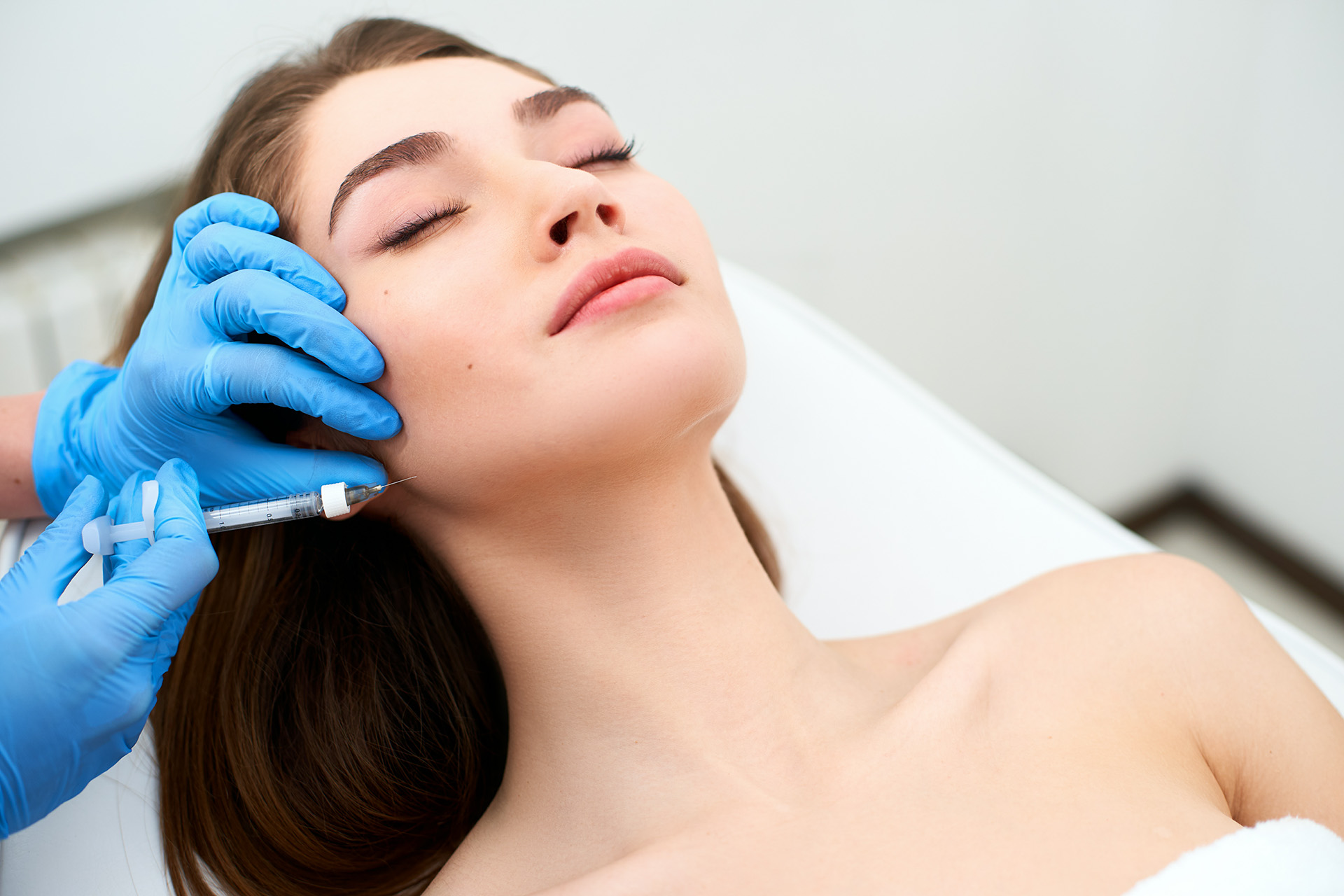
Botox benefits for excessive teeth grinding and TMJ
-
Essential Aesthetics
-
January 19, 2024
-
BOTOX® Cosmetic & Dysport®
What is TMJ?
TMJ, or temporomandibular joint disorder, is a condition that affects millions of Americans annually. It can cause unpleasant symptoms, such as headaches, neck stiffness, soreness, and fatigue. Some individuals may experience severe pain and difficulty chewing food. TMJ pain can be a genetic disorder since people with specific gene variants are more likely to experience pain associated with grinding.
How can the symptoms of TMJ be alleviated?
Botox, botulinum toxin type A, is one of the most common treatments for TMJ. It is a naturally occurring protein that blocks nerve signals between nerves and muscles. Botox is a safe and effective treatment for TMJ that helps reduce symptoms and improve quality of life. Botox injections for TMJ can be administered every six months to one year apart.
What are the possible benefits of treating TMJ with Botox?

1. Reduce Pain
By treating TMJ disorders in the masseter muscle, botox injections can lessen jaw pain. Common symptoms include jaw clenching, popping, headaches, neck stiffness, earaches, teeth grinding, and difficulty sleeping.
2. Improve the Function
Botox injections can improve chewing and swallowing functions. They can help patients chew food without discomfort, reduce muscle spasms, and relieve TMJ dysfunction.
3. Prevent muscle spasms and help with headaches.
Muscle spasms can cause severe pain and discomfort, but botulinum injections can provide relief. TMJ disorders may cause headaches, which can be treated with botulinum toxin injections. Botox works by blocking nerve signals that cause masseter and temporalis muscle contractions and pain signals sent to the brain. For those suffering from chronic headaches due to TMJ and excessive grinding, Botox might help alleviate pain. Patients can expect to experience relief within days after receiving Botox injections.
4. Restore youthful Appearance
Botox treatments can correct facial features that had previously become distorted due to muscle spasms brought on by TMJ disorder. Patients often report looking younger after treatment. The shape of the lower face might change to a slimmer look or “ V” shape.
5. Increase mobility and decrease swallowing problems.
TMJ is a condition that causes stiffness and pain in the jaw joints. Injecting Botox into the muscles surrounding the joints can significantly improve a patient's ability to move their jaw and relieve pain. Patients with TMJ disorders often experience swallowing difficulties due to mouth and throat problems. Botox can reduce swelling and alleviate these symptoms.
What are the possible side effects of treating grinding and TMJ with Botox?
The most common side effects of treating TMJ and masseter hypertrophy are an asymmetric smile, oral muscle weakness, and difficulty drinking from a straw.
Are you ready to relieve your TMJ pain with Botox? Conveniently, schedule an appointment online or call or text us at 925-855-1773. Our Danville office is conveniently located for clients traveling from Livermore, Dublin, Blackhawk, San Ramon, Alamo, and neighboring cities!
